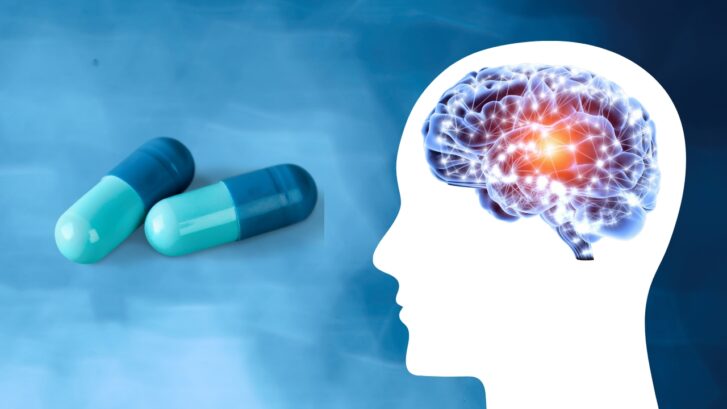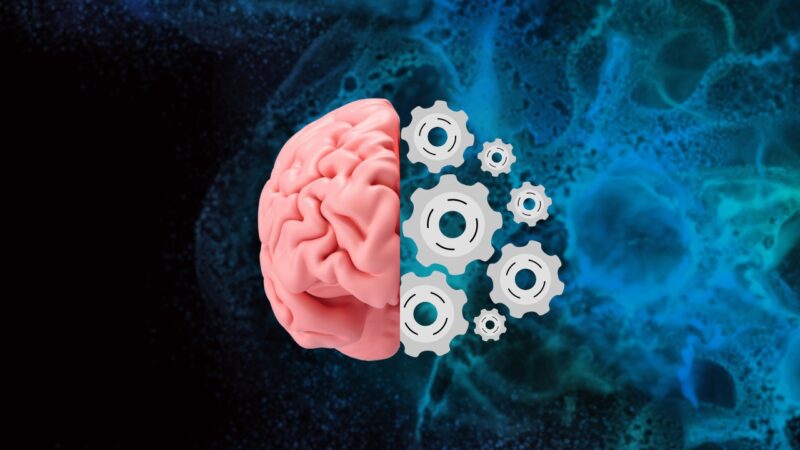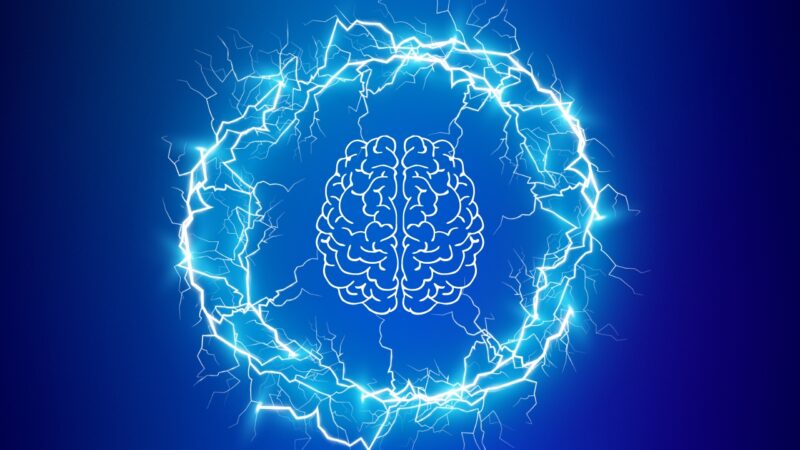Human Growth Hormone impacts a string of bodily functions, as you can presume. Therefore, learning as much about it as possible is an absolute must.
Check on this site if you’re seeking a deeper understanding of this complex topic. It’s important to note that the brain, a highly complex organ, is particularly sensitive to hormonal fluctuations. HGH, as a critical hormone, impacts many facets of mental health both directly and indirectly.
Its influence on the brain goes beyond just developmental phases, affecting mood, cognitive functions, and the body’s response to stress throughout one’s life. Recent research has begun illuminating these relationships, paving the way for new approaches to treating and managing mental health.
1. The Role in Brain Function
The brain is deeply affected by various hormones, among which Human Growth Hormone plays a notable part. While often associated with physical development, the influence of this hormone on brain health is equally significant. The well-being and cognitive capabilities of the brain are intricately tied to this hormone’s levels, affecting everything from the growth of neurons to the repair of brain tissue.
Current research underscores the vital role of this hormone in sustaining brain health. It is instrumental in fostering the development of neural connections, assisting in the recovery of injured brain cells, and enhancing the overall condition of brain tissues.
These activities are crucial for preserving mental sharpness and averting the onset of degenerative brain conditions. Insufficient levels of this hormone have been connected to a decline in cognitive abilities and a heightened risk of developing neurological disorders.
2. Mood Regulation
Medical research has increasingly focused on how hormonal balance within our bodies influences mood regulation. Human Growth Hormone (HGH) has been identified as a key player in this complex interplay between hormones and emotions. Variations in HGH levels are now understood to potentially trigger mood disorders, thus playing a pivotal role in our mental health stability.
There is a growing body of evidence suggesting a link between reduced HGH levels and mood-related conditions like depression. This hormone’s role in the brain is critical, particularly in the production and management of neurotransmitters – the chemicals that directly shape our emotional and mood states.
Serotonin, a neurotransmitter often dubbed the ‘feel-good’ chemical, is notably impacted by HGH levels. Maintaining appropriate HGH levels is therefore crucial for ensuring balanced serotonin levels, which is key to sustaining a consistent, positive mood.
3. Stress, and Anxiety
The way hormones, particularly Human Growth Hormone (HGH), interact with our stress response is truly intriguing. HGH plays a significant role in how we handle stress, both physically and mentally. It’s a key element in managing anxiety and conditions related to stress. Understanding this interaction is vital for creating comprehensive strategies to enhance mental well-being.
When stress hits, our bodies launch into a series of hormonal responses. This includes the release of cortisol, commonly known as the stress hormone. The interesting part is the role HGH plays in this scenario. It significantly influences how we respond to stress as a whole.
Keeping HGH levels in check can really help soften the harsher effects of long-term stress, reducing the chances of stress-related psychological problems. It appears that balanced HGH levels can make our bodies more resilient to stress, which could mean fewer instances of anxiety and similar issues.
4. Sleep Quality
Sleep is an essential component of overall health, deeply connected with hormonal balance, especially the levels of Human Growth Hormone (HGH). This hormone is crucial in setting our sleep rhythms, directly affecting how well we sleep and, by extension, our mental health. It’s important to understand this connection to tackle sleep issues and their impact on mental well-being effectively.
The production of HGH is heavily influenced by our sleep patterns, particularly during deep sleep. It’s in these deeper stages of sleep that our body releases the highest amounts of HGH, essential for both physical and mental restoration.
When our sleep is erratic or disturbed, it can lead to a drop in HGH production, impacting our overall health. This can manifest as poor sleep quality, which in turn might lead to feeling constantly tired, having trouble thinking clearly, and experiencing mood swings.
5. Cognitive Performance
Hormones play a crucial part in shaping our cognitive abilities, touching upon areas like memory, focus, and the overall workings of the brain. Its role is vital in keeping our mental faculties sharp, and its effects are noticeable across all ages.
There’s a growing buzz about how this hormone and cognitive functions are interlinked. Current research suggests that having the right amount of this hormone in our system is linked to enhanced mental capabilities. This means better memory, more focused attention, and faster thinking.
It’s not just about keeping our minds sharp; this hormone is key to the health and repair of our brain cells. It’s like a support system for our neurons, helping in form new connections that are crucial for learning and retaining memories. However, when levels of this hormone dip, it can lead to a decline in these mental functions and even increase the risk of diseases that affect the brain as we age.
6. Age-Related Changes and Mental Health
With aging comes a natural decline in the body’s production of Human Growth Hormone (HGH), a shift that can significantly affect mental health. This reduction in hormone levels with age is tied to a range of mental health challenges, underscoring the need to comprehend and manage these hormonal changes.
This decrease in HGH as one age is part of the body’s natural aging process. Yet, this decline can lead to various mental health concerns, including reduced cognitive abilities, mood fluctuations, and a heightened susceptibility to stress and anxiety.
The brain’s capacity to function at its best is partially reliant on maintaining adequate levels of this hormone. A drop in these levels can result in noticeable declines in mental acuity and emotional health.
The Bottom Line
The influence of Human Growth Hormone on mental well-being is a multifaceted and significant aspect of health. This hormone’s impact extends beyond physical growth, playing a crucial role in numerous aspects. The interplay between HGH and mental health is complex, and understanding this relationship is vital for developing comprehensive health strategies.
Related Posts:
- Exploring the Link Between Meditation and Mental…
- Top 10 Must-Read Books for Nurturing Mental Health…
- How Social Media Directly Impacts Your Mental Well-Being
- Mastering the Art of Boring Self-Care: Elevate Your…
- How Depression Influences Childs Academic…
- Why Do Health Insurance Companies Do Home Visits -…
















